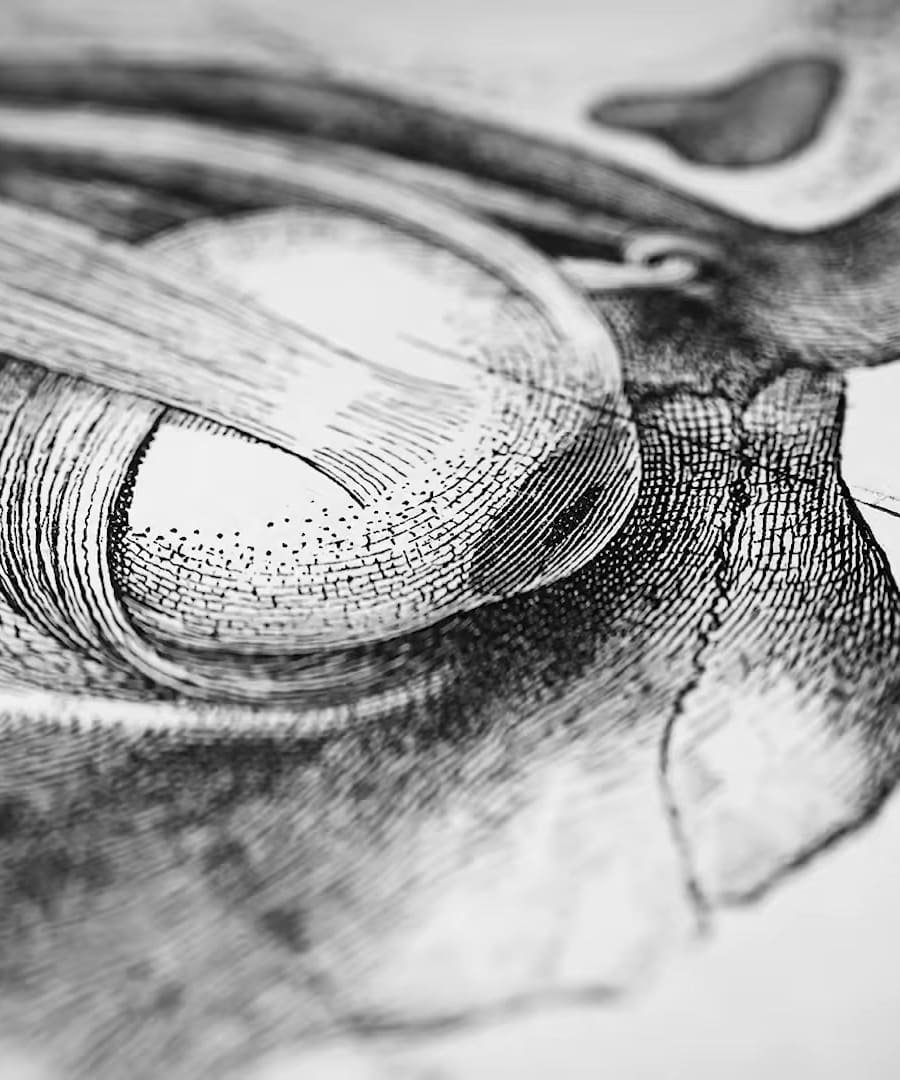Why is bright light at night bad for sleep?
Sources:
Bright light exposure at night is detrimental to sleep because it suppresses the natural release of melatonin, the hormone which promotes sleepiness and allows you to fall asleep 1. Bright light, particularly overhead artificial light, during the period from 10:00 p.m. to 4:00 a.m., can reset and shift your circadian clock, negatively impacting sleep quality 2. Light reception by melanopsin cells in the retina even through closed eyelids, commonly in children or individuals with thin eyelids, can lead to disruptions in sleep patterns and an increased risk of myopia, or nearsightedness 3.
It's recommended to avoid as much light as possible during these nighttime hours and instead, get bright light, preferably sunlight, in the early part of the day to properly set your circadian rhythm 1 4. Proper light exposure supports overall mood, learning, focus, metabolism, and can enhance sleep quality 5.
RELATED QUESTIONSList clips similar to "Sleep and Vision"
Sources:
Here are some clips that are similar to the "Sleep and Vision" topic:
-
Sleep and Vision
A clip where explains how sleeping in dark environments can prevent myopia and why exposure to blue light at night can negatively affect sleep, mood, learning, and blood sugar levels. He also suggests getting two hours of bright light during the day to offset myopia and improve sleep, mood, and metabolism 1. -
Eye Health Insights
This clip features a discussion between and Dr. Jeffrey Goldberg on the importance of eye and vision health, the benefits of supplements, and tools for enhancing mental and physical health 2. -
Sleeping Position & Glaucoma
and Dr. Jeffrey Goldberg talk about the potential impact of sleeping position on eye pressure for individuals with glaucoma and whether the side you sleep on affects severity 3. -
Enhancing Vision
discusses how self-generated optic flow, such as walking or biking, can benefit the visual system and mood, and provides tips for visual behaviors to improve vision and eye health 4. -
Sleep and Vision
Another clip where talks about the importance of good sleep for visual system function and health 5. -
Optimizing Sleep
In this clip, discusses how temperature affects your sleep and introduces a mattress cover that can help optimize sleep quality 6. -
Sleep and Performance
This clip features a discussion about the importance of sleep for mental and physical performance, highlighting the role of temperature regulation during sleep 7. -
Optimize Your Health
Here, emphasizes the importance of sleep, exercise, and nutrition as the primary layers upon which supplement protocols rest, with a focus on improving cognitive and cardiovascular function 8.
RELATED QUESTIONS-
Find clips discussing eye health and vision improvement
Sources:
Here are some clips focused on eye health and vision improvement from the :
-
Improving Vision: discusses the role of vitamin A and carotenoids for vision, emphasizing that natural foods high in vitamin A can support vision. Supplementation with lutein is also mentioned, with positive data backing its benefits for vision 1.
-
Enhancing Vision: The episode covers a broad range of topics, including the advantages and disadvantages of corrective lenses, the impact of sunlight on vision, and methods such as specific vision tasks and exercises that can improve vision. The conversation also touches on nutrition and supplements for eye health 2.
-
Improving Vision: recommends practicing with a Snellen chart to train vision and stresses the importance of getting vision tested by professionals to avoid improper corrective lenses 3.
-
Improve Vision Naturally: Suggestions for daily routines to improve eyesight include spending time looking at things in the distance to relax the lens and eye musculature, which can also relieve stress 4.
-
Eye Health Insights: asks Dr. about nutrition and supplements for eye health, and they explore studies on macular degeneration with specific supplement combinations showing positive effects 5.
-
Improve Your Vision: Smooth pursuit, tracking objects smoothly through space, is highlighted as a way to improve vision. Engaging in activities that require tracking motion can strengthen the extraocular muscles and the smooth pursuit system, which can enhance vision 6.
-
Eye Health Insights: In this clip, the benefits of supplements and tools are discussed for enhancing mental and physical health with insights on how to improve sleep, support hormones, and enhance focus 7.
-
Enhancing Vision: speaks about the benefits of self-generated optic flow from activities like walking or biking for the visual system and mood. Healthy visual behaviors are stressed as crucial for maintaining good eyesight throughout life 8.
-
Why is bright light at night bad for sleep?
- RELATED QUESTIONS
List clips similar to "Sleep and Vision"
- RELATED QUESTIONS
Find clips discussing eye health and vision improvement

















